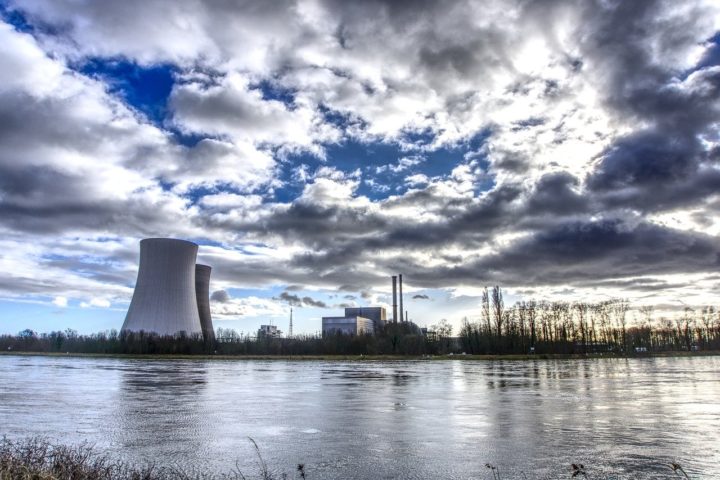The news arriving from the press agencies AFP, dpa news agencies, and from the German newspaper Handelsblatt about civilian nuclear power is pretty worrying. The exit, taken for granted, has been brought back by the operators on the table of the negotiations. Their intentions are only partially evident.
The press agencies report a ruling of the Federal Constitutional Court of Karlsruhe establishing a new regulation of claims by nuclear power plant operators. It should not be forgotten that the first option of the operators was, and still is, the continuation of their 17 nuclear power plants in Germany and not the phase-out, especially as neighboring countries continue to operate their nuclear installations. The news of Handelsblatt that the Federal Constitutional Court is calling for a complete overhaul of the phase-out law is of further concern. This could also concern questions of a later exit from nuclear power or even a failure to exit, in addition to the recalculation of compensation.
The basically right decision to give up nuclear power will hopefully remain valid, as will the recognition that nuclear power plants are a source of danger to the living and future generations (because of waste disposal). The exit must therefore undoubtedly take place.
The task of parliamentarians and government is to protect the population from dangers. The German constitution defines the behavior of State authorities and commercial undertakings in Articles 2 (right to life), 4 paragraph 2 (obligations of the owners),15 (socialization in the interest of the community) and 20a (protection of the natural bases of life).
The concern with the latest news is also due to the fact that nuclear operators are trying to bring the matter before the highest judicial authority to renegotiate the exit conditions. Formally in the short term, the maximum judicial contestation is with regards to higher compensations for the exhibitors of nuclear power plants, selfish categories that are not the subject of the Constitution. The government’s negotiators are at a standstill.
As for the claims: one should be able to determine without major problems the residual value of installations arising from past investments and costs, the corporate taxation and the calculation and depreciation of the value, in accordance with the current laws for operating accounting. The amounts that the government gives to operators as subsidies and grants and the taxes paid by operators are also computing items.
The disputed points probably lie in the calculation of lost profits, if such claims are legal. Lawyers and economists have opposing viewpoints about it. That’s why the bases and calculation parameters are the subjects of speculations. The logic of the capitalist system usually approves the claims of the great ones.
The courts have not yet issued a ruling on who is responsible for the costs of waste disposal in production processes of this type. This is a question that the scientific community and parliamentarians still have to solve.
Insurance companies earn their money with regular amounts to cover any risks. Decommissioning under the law is not considered a normal risk case. There is no appropriate regulation for these particular cases. The general law provides guidelines for compensation, but it always refers to agreements based on particular laws.
If the EU has a say, as the lawyers of the operators believe, then it takes part in this type of negotiation. Germany has not surrendered sovereignty to the EU on fundamental security issues for its population.
The Berliner Zeitung of 13.11.2020 entitled a news report on the Supreme Court ruling with the words “An expensive fiasco”. It is not yet possible to judge whether the previous ruling is a fiasco. Whether expensive or not, it does not take into account the cost of a nuclear disaster. According to Google, the cost to Fukushima is $ 270 billion. Around as much as Chernobyl’s.
On the other hand, the operators were not obliged by the government to produce energy with nuclear technology. The official operating permits issued extend to other matters relating to the construction of large plants.
Translation by Roberta Mereu. from the voluntary Pressenza translation team. We are looking for volunteers!






